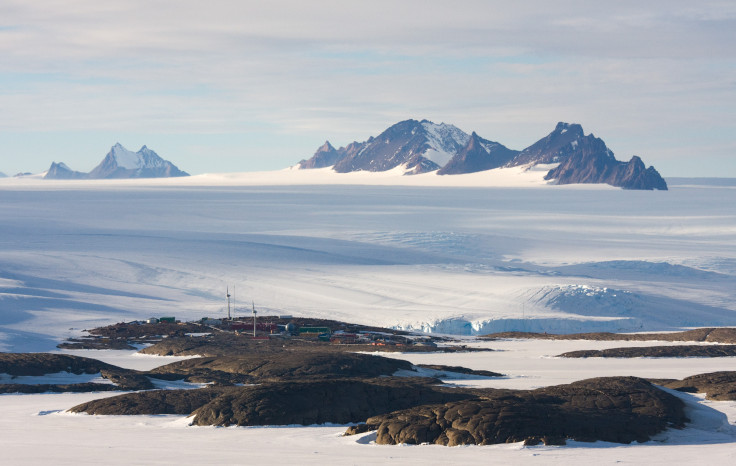Female staff complain of sexual harassment at Australia's Antarctica research stations
Australia has four permanent research stations in Antarctica and the sub-Antarctic.
According to a new report by the Australian Antarctic Division (AAD), female staff working at Australian research stations in Antarctica have had to endure sexual harassment in the workplace.
The report reveals that women reported getting unwanted requests for sex, inappropriate sexual comments, and displays of offensive or pornographic material.
"Given the underrepresentation of women in the AAP (Australian Antarctica Program) (especially during winter), some women also described the culture as 'predatory' and objectifying," the report said.
The report also noted that the women employed at these research stations had to go to great lengths to ensure no one knew they were on their periods.
Some women said that they felt compelled to do so because of the fear of being seen as incompetent by their male colleagues. They also spoke of "a homophobic culture" on stations.
The report's author, Meredith Nash, a professor at the Australian National University, said that the women at these camps felt they couldn't get immediate help due to their remote location.
"Women have to work in the field with their abusers for weeks at a time because they simply can't leave," Nash told the Australian Broadcasting Corp (ABC).
The 32-page report was commissioned after several women raised harassment complaints. Nash has made a number of recommendations in her report to address sexual harassment at the stations.
The recommendations include regular surveys about station culture, diversifying application pools to attract a wider variety of staff, and major reforms to internal culture, such as providing free menstrual products.
The secretary of the Department of Climate Change, Energy, the Environment, and Water, David Fredericks, has said these findings are unacceptable and that the government has already started to work on Nash's recommendations.
Australia's environment minister, Tanya Plibersek, said that she was "gobsmacked" by the findings of the report.
"I have been very clear with the department. We need to make sure that every person working either at head office or in the Antarctic feels safe and if they make a complaint, they can make that complaint without any fear of victimisation," she told ABC.
Australia has four permanent research stations in Antarctica and the sub-Antarctic. These stations are akin to "small towns," and the number of people deployed depends on the time of the year.

© Copyright IBTimes 2025. All rights reserved.






















